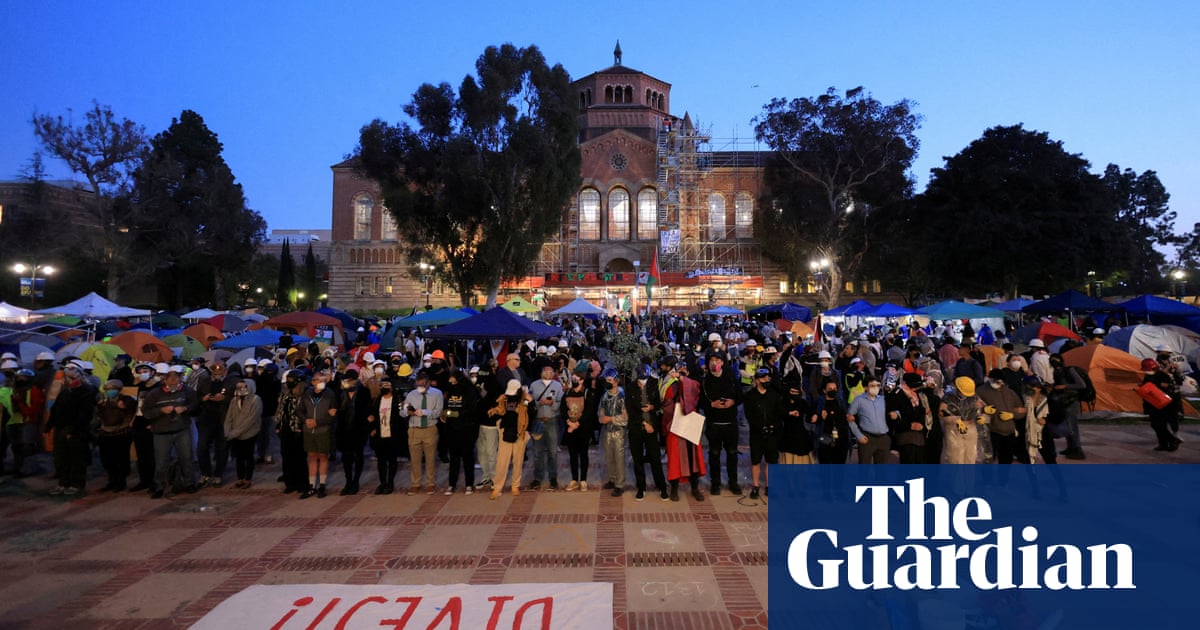More than a century ago, the 1911 Parliament Act restricted the House of Lords’ powers under threat of a flood of Liberal appointees. The act boldly declared that “it is intended to substitute for the House of Lords as it at present exists a Second Chamber constituted on a popular instead of hereditary basis, but such substitution cannot be immediately brought into operation”. This “temporary” measure has become a historic understatement, frustrating those who seek reform – including this newspaper.
MPs took a step forward this week, voting to abolish hereditary peers in the Lords. The bill aims to end the 92 seats reserved for those inheriting titles through paternal lineage – a long-overdue decision. It completes what Tony Blair began in 1998 when ministers tried to expel those in the Lords by birth. The hereditary principle is a relic. While royalty endures ceremonially, inherited political power undermines equality, representation and accountability in government.
Labour’s manifesto in July committed the party in government to a number of reforms ahead of a longer-term ambition to replace the Lords with an alternative second chamber. Yet Sir Keir Starmer opted not to support in this parliament the proposal from the Labour commission led by Gordon Brown to replace the Lords with an elected “Assembly of the Nations and Regions”. It’s a missed opportunity.
In a devolved UK, a second chamber connecting its nations and regions to parliament could unify the country, streamline decision-making, and foster shared goals – much like the German Bundesrat. International comparisons clarify the debate. Globally, upper houses often have members serving longer terms than the lower chamber, but very few – UK peers and a few Italian senators – hold lifelong terms.
The prime minister favours cautious reform, less likely to provoke an awkward backlash, over bold change. Regrettably his government did not this week oust the 26 bishops from the upper chamber. Instead, these “lords spiritual” are likely to remain, with a new rule that vacant seats can go to female bishops until May 2030. While seldom decisive in votes, bishops still enjoy privileged access to ministers and a platform in debates – odd perks in a secular, diverse society. The recent abuse scandal leading to the archbishop of Canterbury’s resignation highlights the peculiar anachronism of an established church.
Ministers now promise only to “consult on proposals” for a more regionally representative second chamber – a clear step back from earlier pledges for decisive reform. While Labour’s smaller programme, featuring a mandatory retirement age and participation requirement, is welcome, it does not address the core issue. A wholly elected replacement for the Lords would bring true democratic legitimacy, while a wholly appointed chamber risks becoming a haven for political cronyism. The real challenge lies in defining the role, membership and electoral process of a reformed upper house. Britain deserves a second chamber that is genuinely representative and effective; anything less would squander the chance to strengthen our democracy.
-
Do you have an opinion on the issues raised in this article? If you would like to submit a response of up to 300 words by email to be considered for publication in our letters section, please click here.

.png) 3 months ago
24
3 months ago
24













































